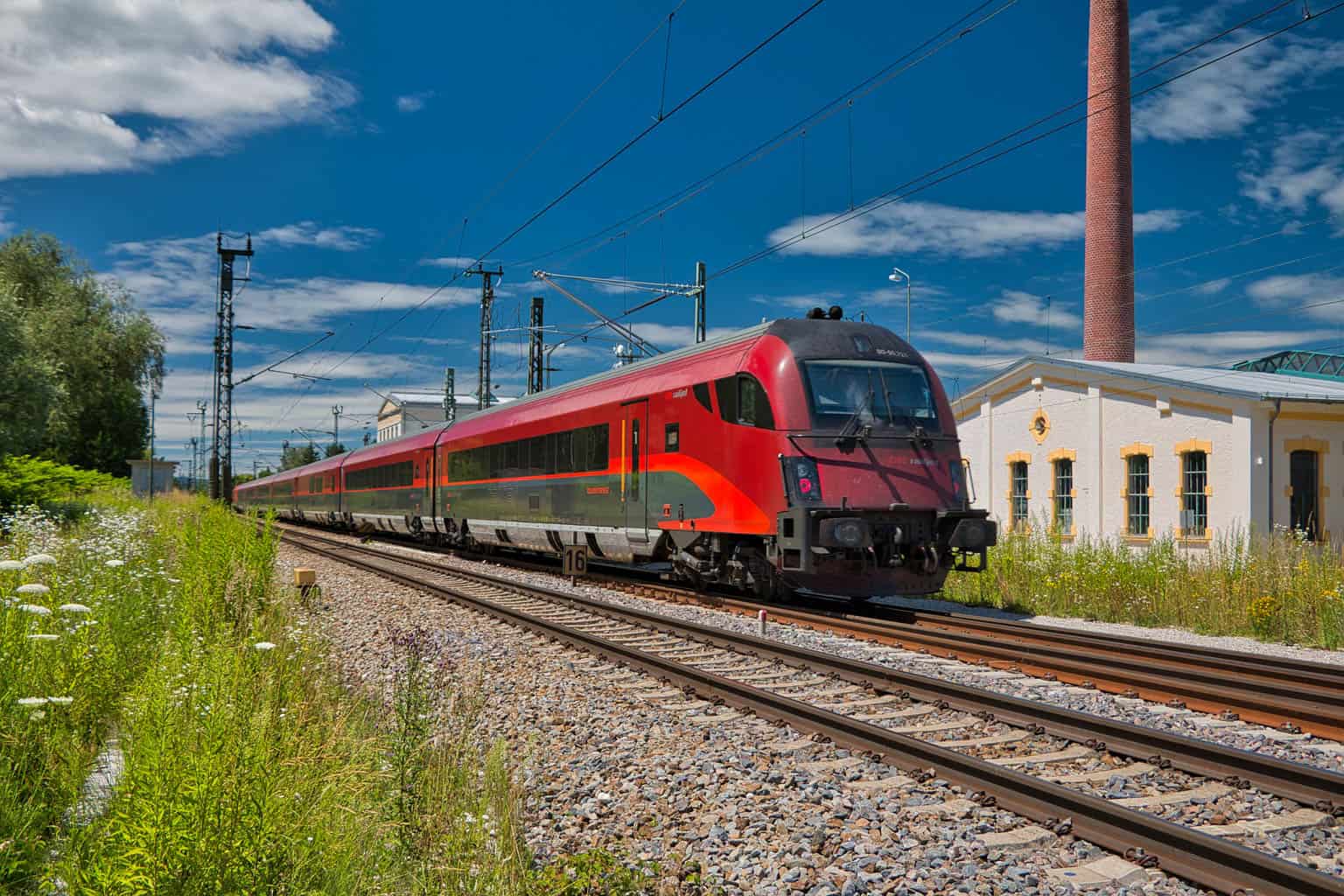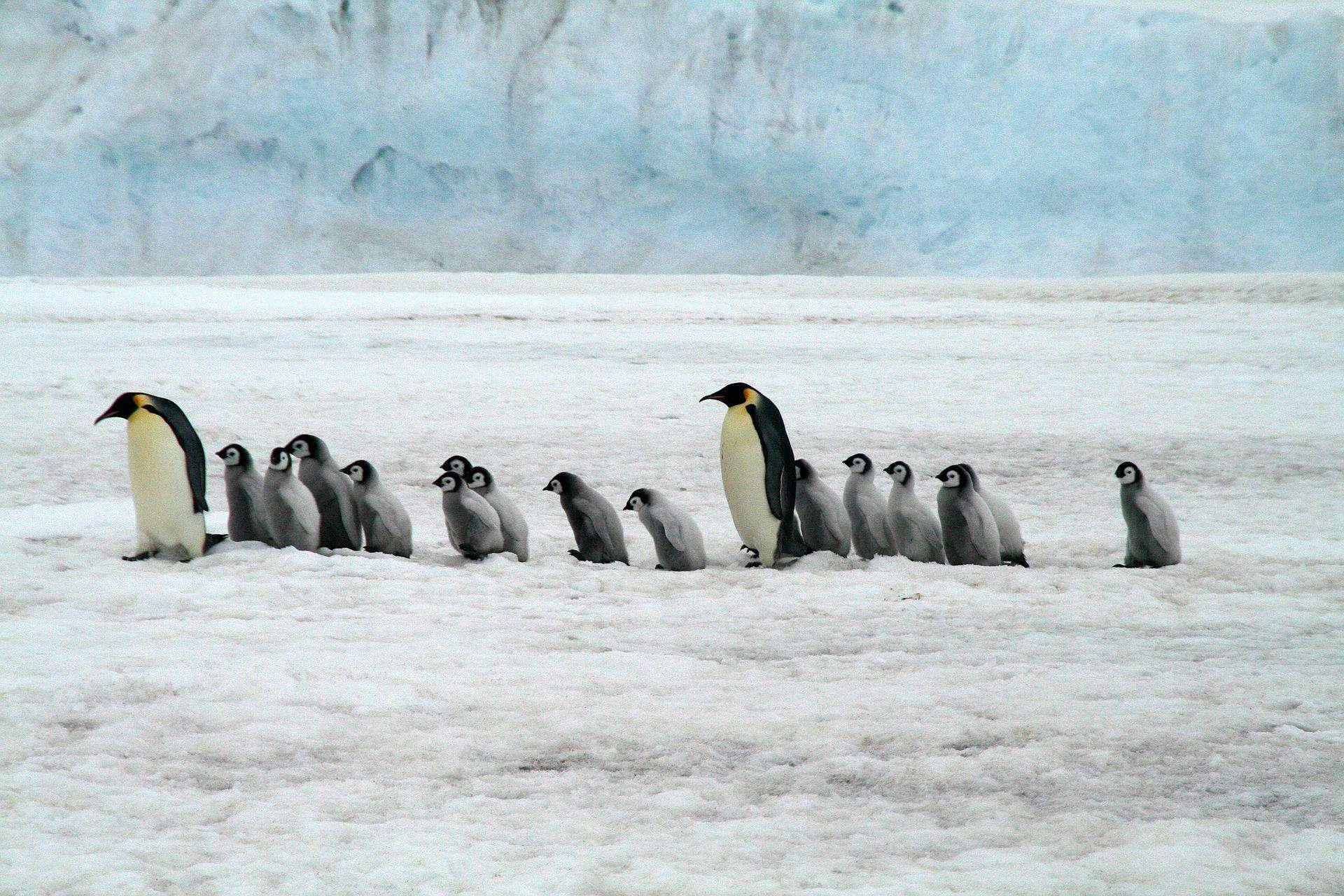Are heavily subsidised public transport tickets a good solution to save the planet?
A scheme allowing free travel on trains was launched in Spain at the beginning of September, the latest in a series of subsidised European public transport initiatives.
New European public transport subsidies
Spain has recently introduced a new scheme, which runs until 31 December, designed mainly to help commuters cope with inflation. Behind payment of a small deposit fee, travellers can travel for free on suburban lines and middle-distance journeys until December 31st 2022. The deposit will be refunded at the end of the year if the ticket holder has travelled at least 16 times to the specified destination area. This service won’t benefit only traditional commuters, but also leisure travellers and tourists.
It is not the first time that similar solutions have been implemented, driven by the long-term goal of cutting carbon emissions and the short-term need to counteract the impact of soaring fuel costs and mitigate the pressure caused by inflation. The capital of Estonia, Tallinn, introduced free public transport in 2013, whereas Luxembourg become the first country to make all public transport free in 2020. Last year, Austria launched the Klimaticket, an annual pass for any kind of public transport within the country for about €21 a week. In Germany, a heavily subsidised and wildly popular €9 monthly public transport national pass was introduced for the whole summer season.
All that is subsidised is not always gold
With more and more countries presenting similar plans to incentivise the use of public transportation, it comes natural to wonder how efficient these solutions are. Besides helping soften the exploding inflation amid a surge in energy and fuel prices sparked by the war in Ukraine, it is clear how they are also meant to reduce CO2 emissions by promoting more sustainable means of transportation.
Considering more extreme solutions, such as the 9€ ticket in Germany, train trips skyrocketed during the whole summer period with the demand for trains multiplying, partly because of their low price and partly because of the simplicity of the offered service. Unfortunately, the hope that the increase in train travel would lead to a decrease in car travel was not met by the reality of facts. As a nationwide average, car travel has maintained its usual pace compared to previous years, though there were some slight regional differences.
Investing in public transport to fight Climate Change
The significant growth of train travel only seems to have led to an additional demand additional, which translates to no users transferred from one medium to another. However, even if the number of trips by road in the 30-100 Km range was slightly above that in 2019 on average, the number decreased for longer trips. Trips by road fell by 18% in all rural areas and by 10-12% in urban areas, depending on the touristic activity.
In total, 52 million train tickets were sold with a fifth of these to people who did not ordinarily use public transport and One in ten people ditching at least one of their daily auto trips. Overall, the 9€ monthly ticket prevented the emission of 1.8 million tons of CO2 thanks to commuters renouncing using their cars in favour of trains and buses. Germany’s summer experiment with super-cheap public transport reduced emissions equivalent to powering about 350,000 homes for a year.
EWS travel policies
EWS is highly committed to reducing its impacts and carbon emissions when travelling. Despite being located in a rural area of Austria surrounded by the Alps, EWS team members are hardcore public transport riders and use trains and busses to travel for work reasons, but also for private life. The German 9€ ticket and the Austrian Klimaticket have allowed our wilderness advocates to travel far and wide with success proving to be very valuable and sustainable solutions.







